The world is much smaller than I thought. I recently met new members of my family I hadn’t previously known—brothers and sisters in Latvia, this tiny country that was once part of the Soviet Union and has only been independent since 1991.
A children’s camp and a working sheep ranch spread out over 740 acres of rolling hills with patches of forest. It’s called Eagle’s Wings.
Eagle’s Wings Camp — Latvia
Before we flew across the pond, someone asked the question, “Would it be more beneficial to the organization if you had sent the amount of money it cost to purchase airline tickets, food, and lodging?”
It’s a legitimate question.
The work on the ground
First, a look at the work on the ground. Eagle’s Wings hosts camps and retreats year-round. In the Latvian culture, it would be unusual to simply operate a youth camp. “But what do you do for work?” the locals would have wondered.
And so Eagle’s Wings is also a working sheep ranch. And now the neighbors see these people as ranchers who’ve gone above and beyond to build facilities to serve children-sized campers on their gentle green hills.
Working sheep ranch
Dan’s been to Latvia four times. One year he helped build the camp lodge. The next year he worked on a two-story cabin. Another year, he was part of the crew that built a new sheep barn after the old one burned down.
This year, the camp is constructing a chapel that will also serve as auditorium for gatherings and trainings.
Chapel under construction
While our friend, Tyler, decked the stage, built a wheelchair ramp, and finished off the front of the stage with sheet rock, Dan installed three electrical panels and close to 80 outlet and switch boxes. At the outdoor electrical boxes, he disconnected and spliced in new power to the building. (The camp director told Dan how challenging and expensive it would have been to bring in an electrician from Riga, the capital city—some distance away—to do what Dan completed in the week or so we were there.)
Electrician at work
Our friend Tyler—roofer by trade, carpenter by choice
Me, dishwasher by trade and by choice
Gap year students
While we were at Eagle’s Wings, twenty-plus gap year students from the U.S. joined in the work.
They were scheduled for a full month at the camp to finish off several projects. And let me tell you, these young people know how to work.
They leveled ground, planted grass seed, and fertilized, spreading straw over the top.
Eagle’s Wings has a boiler that heats water for all their buildings. The gap year students cut, split, and stacked extra-long pieces of firewood for the boiler and loaded it on a very cool, old wagon.
They re-roofed one of the gazebos and …
… stained the old logs in the sauna cabin, rebuilding two levels of benches.
They also power-washed outdoor decking and railing to be re-stained (Latvia is along the same latitude lines as Juneau, Alaska, and the winter weather does a number on the outdoor wood).
It was a privilege to meet and work alongside these young people who are part of the Gap Year Program at Morrow Camp in Oregon.
Back to the question
Before we left for Latvia, Dan and I discussed the question that had been raised: “Would it be better to send funds?”
I think part of the answer lies in the relationships that have been built between the camp staff in Latvia and our church community in central Oregon. We have close ties with Eagle’s Wings. Through the years, the camp director has come to visit us, and we’ve sent funds and crews of workers to them.
After meeting the Latvian team, I came to understand what Dan had pointed out to me earlier: “Even though it’s more effort and trouble than sending a check, being there in person shows that we care.”
Making the trip, seeing the needs
My cousins Jonathan and Heidi have served in a remote village in the Philippines for more than 30 years. “When it comes to short-term service opportunities for young people,” Heidi said, “if you’re just thinking about money for value, it would be better to send the funds to pay local workers to do the job.”
But Heidi gave an example of when it’s better to show up. Funds were donated to construct a covered play area for the school. A builder from Australia designed the structure and equipment, Jonathan and Heidi recruited local people to do the prefab work, and four builders showed up to assemble everything with the help of a couple local men. “This was a huge gift with a lasting benefit to the community,” Heidi said. “The money could have been sent, but then it would have fallen to Jonathan—who is not a builder by trade—to figure it out and organize the construction with a team of local men who haven’t built this type of structure before.”
Heidi pointed out other benefits that can’t be measured by the cash. “Many people who become full-time missionaries are prompted to make this decision after they have experienced such a trip and have seen the needs.”
In preparation for full-time service
Dan’s brother, Pete, and his wife, Carol, met in Peru while doing short-term service. Carol had taken business classes in high school and community college, and committed to two years as secretary/bookkeeper in Peru to see if missions was a fit for her.
And then Pete showed up on a summer missions trip with Moody Aviation. After a year of letter-writing when Pete returned to college, there followed an engagement and a wedding.
The couple served a total of 25 years—Pete as pilot, aircraft mechanic, flight instructor, and computer tech, and Carol as administrative support, bookkeeper, and typing/layout prep for literacy books in various languages.
The earlier short-term service work helped prepare Pete and Carol for full-time on a mission field. It cemented in their minds that they did indeed belong in the Peruvian jungle.
Finding ways to grow the community and the economy
My grandson, Titus, spent a summer in the Dominican Republic working alongside the Romanos, an American family that has lived and served in the DR for two generations. Titus mostly did construction—digging dirt and pouring concrete for five homes—but he also worked on the farm that grows plantains and raises chickens and pigs to sell, and he delivered bags of groceries to the locals—rice, beans, fruit—praying with those who wanted prayer.
“They’ve created jobs, and they do other things that matter in a developing country,” Titus said, “like, healthcare and education. They’re trying to find ways to grow the community and the economy around them.”
The missionary group runs a furniture shop where they employ local carpenters. In addition to the health clinic and school, they’re building a youth rehabilitation center for kids in the area that are on hard drugs.
“It was an eye-opener in a couple different ways,” Titus admitted. “I was able to serve others, to see how different people live, and how God works in other countries. I don’t think there’s a way you could put a monetary value on that trip.”
Seeing a mission firsthand
My son-in-law, Josh, serves on a pastoral board that provides spiritual and emotional support for the Romano family. He has a 15-year relationship with them and talked about how it can be lonely on the mission field.
Josh has been on the ground in the DR. Speaking from experience, he said there’s nothing like seeing a mission field firsthand. “You get to taste the food and see the heart of the missionary and meet the people they’re serving. You grow when you get out of your context. You see things differently.”
Building relationships
I have a cousin, Peter, who’s done considerable work on the continent of Africa and in Viet Nam through the years. Among other things, he’s helped fund and build an orphanage, a school (pre-K through 12), and a sewing college.
His partner in Africa is Mama Minga. Her request to Peter has never been to go back and ask his friends to send money. “I want you to come more often and I want you to bring friends.”
Showing up and partnering with people from around the globe who are doing critical and compassionate service on the ground is a way we can spread encouragement, and stir up hope, and strengthen friendships.
The message I heard from these missionaries, supporters, fund-raisers, and boots-on-the-ground participants is this: “Your presence is valuable.”
The cost of encouragement
Although I’d not met most of the Latvians before this trip, I felt a deep kinship with these new brothers and sisters—Diks, the camp director; Antra, who serves as camp mom (read: housekeeper, nurse, laundress, and errand-runner); Tallis, who manages maintenance and any new construction; Linda, one of the gap year students who will serve on staff next year; Yanis, who runs the sheep ranch; and Roberts and Krisjanis, summer volunteer staff.
It seems to me that the leaders and workers at Eagle’s Wings are greatly encouraged when their friends from America show up. But just as important, Dan and I are changed for the better every time we serve—whether in the U.S. or in a small and beautiful country that shares a border with Russia.
Side note …
Old Town in Riga, Latvia’s capital, is a fascinating collection of beautiful and ancient architecture, cobblestone streets, parks, and outdoor cafés.

The House of the Blackheads was originally erected in 1334 as a warehouse and meeting place for merchants. The building was bombed during World War II in a fight between Nazi Germany and Russia’s army, and rebuilt in 1999 based on studies by the Riga Polytechnic Institute.
We intentionally wove our way through several side streets in Old Town
A medieval pub, with a restaurant in its cave of a cellar, traces its roots back to 1293
Dan—coming to my rescue with his chariot (not sure what I needed rescue from, but still … Dan’s a rescuer)
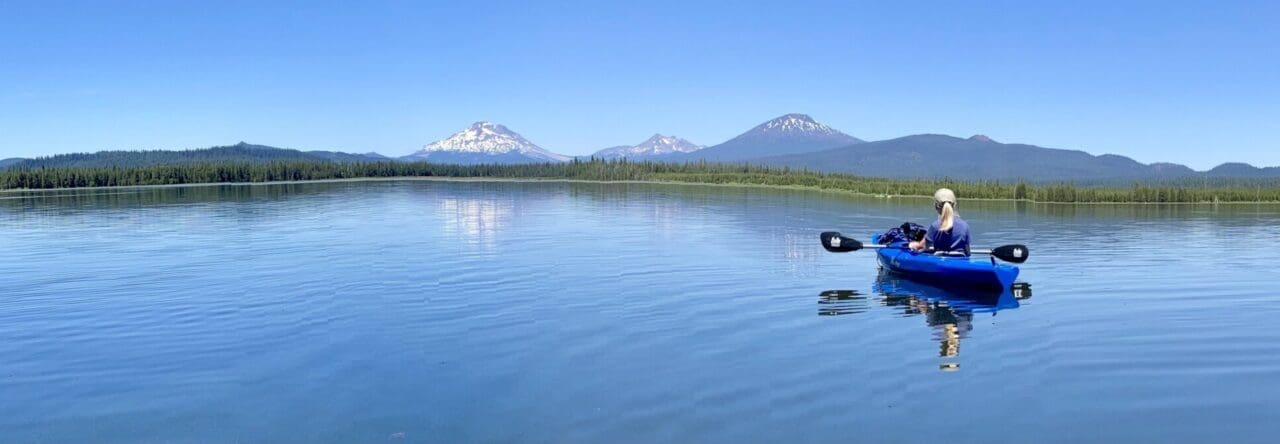
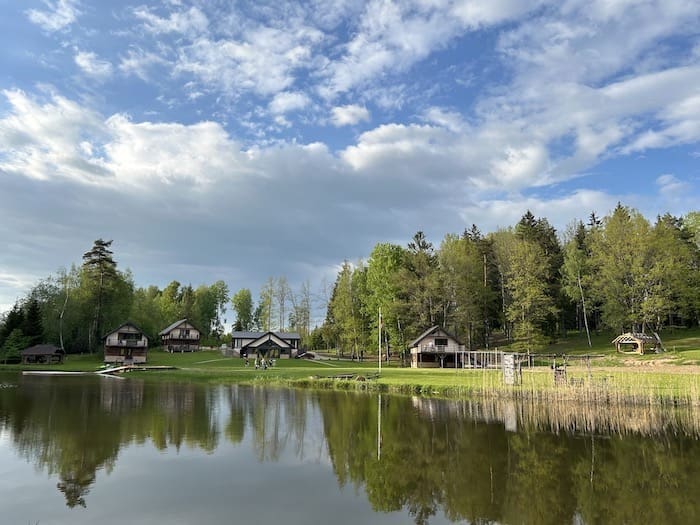
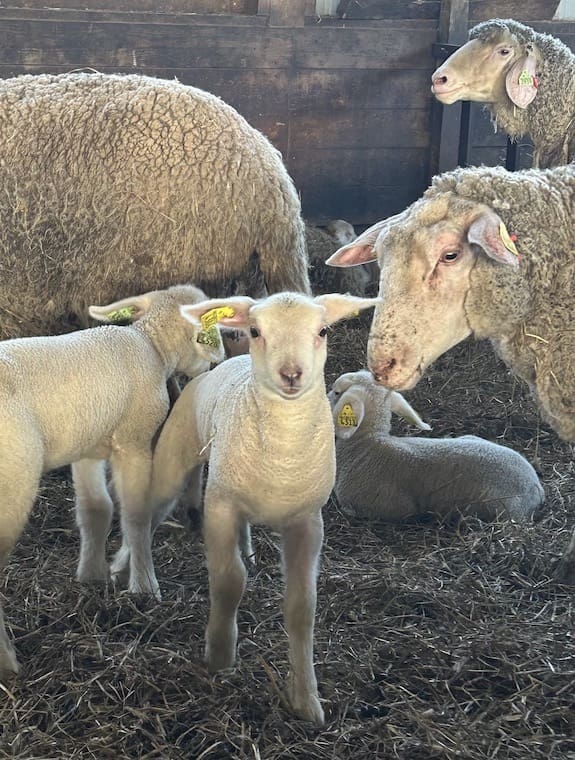


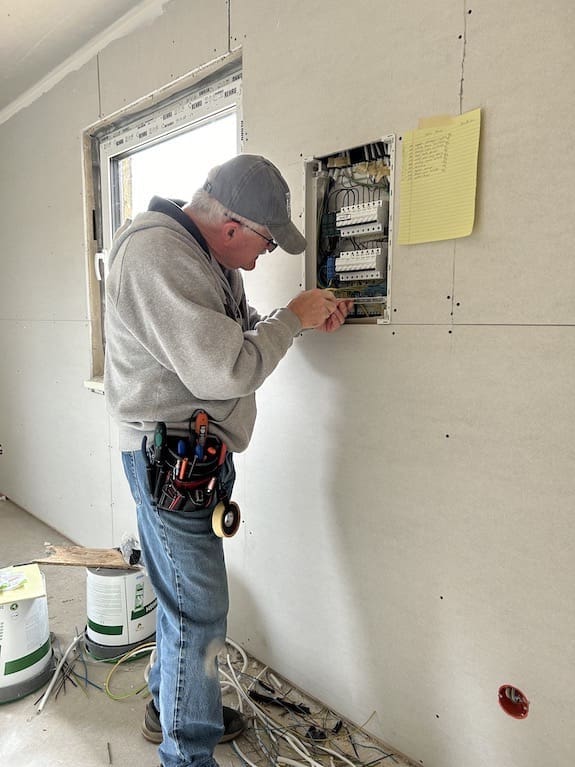

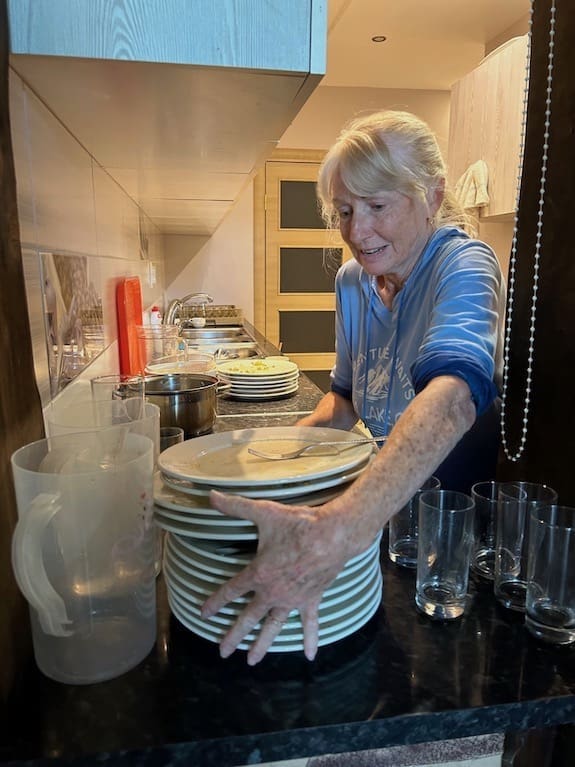


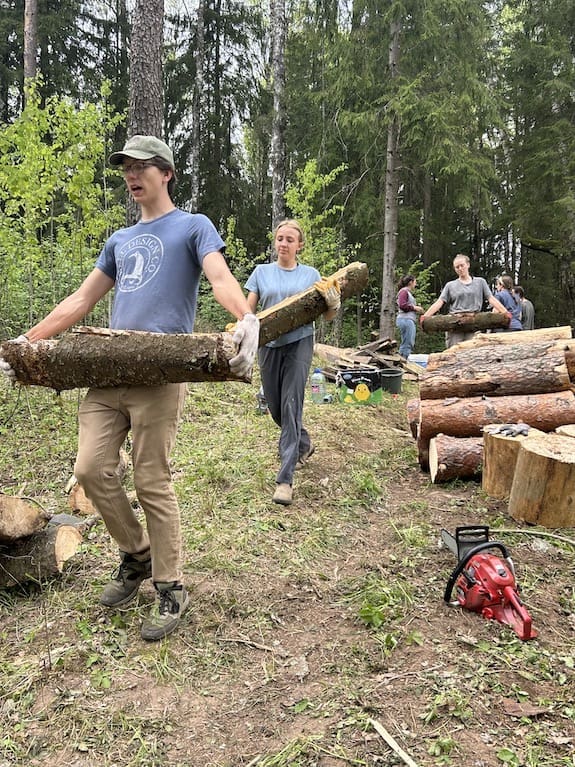
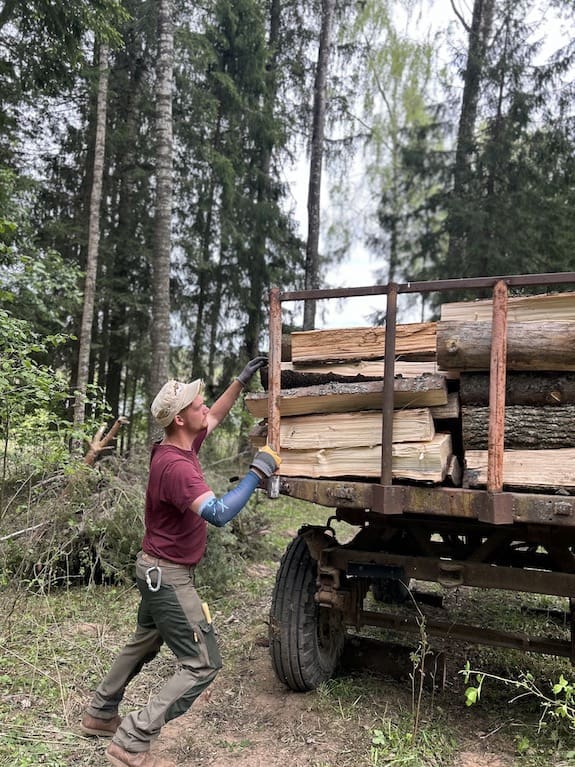


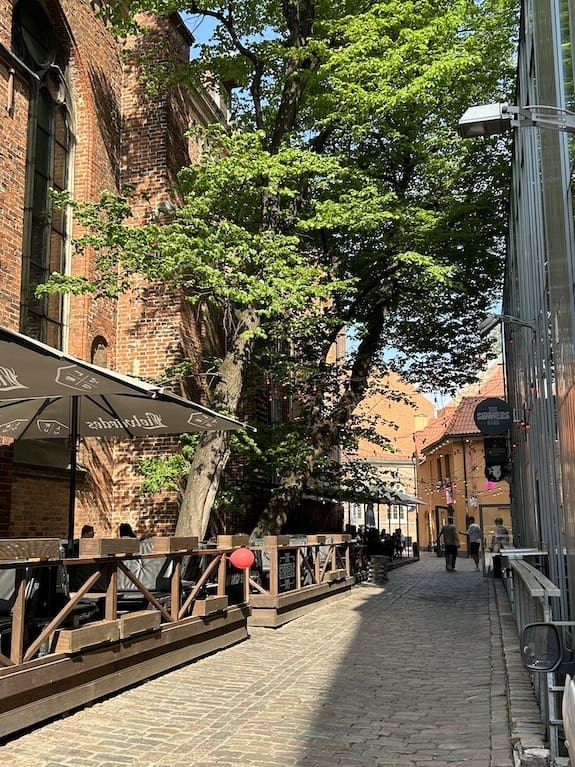



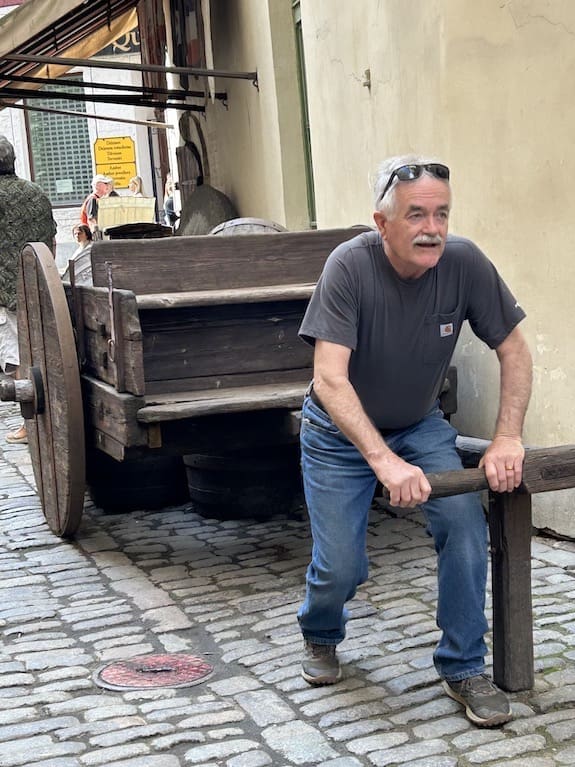
Kathy Poncy
What an encouraging post, Marlys. I have mission service in my blood — Short term in the DR with Project Serve (Nurse for many youth who came from across the U.S. to help build a school), and long term on the YWAM Mercy Ship Anastasis (now decommissioned and replaced by a new ship in their fleet, Global Mercy). There is so much that happens to our hearts when we make a commitment to follow God’s call and actually go out in the field. I almost missed my first trip and oh what I would have missed. God did major work in my heart and in my life that summer. As my disability hinders field service at this time in my life, I look for other ways to support mission projects.
I am thrilled that you served in Latvia and that your heart is now smitten and changed. I loved the Latvians that came to Foundry in those beginning years. I will save this post to read again.
Kathy
Marlys P Lawry
What an awesome experience, Kathy … working on YWAM’s Mercy Ship! Good for you for hearing God’s calling and following his direction.
Barbara Winterfeld
Thank you, Marlys and Dan for sharing your experiences with us all. Bottom line is that God wants us to be in relationship with others; all the rest happens from relationships. You expanded my view from this rocking chair dramatically today.
Love you!
Marlys P Lawry
You’ve got the ‘bottom line’ correct, Barbara! Glad to be able to expand your view of the world!
Joan Giere
I always enjoy reading what you share. This was very interesting and inspiring. Thanks.
Marlys Lawry
Thank you for your kind words, Joan.
Rita Weick
This one expanded my world view. Thanks for taking all the photos and sharing the story. So interesting and heartening. -Rita
Marlys Lawry
Rita, we don’t hear much about the tiny country of Latvia, but it is a beautiful place and there are some very kind people there.
Fawn
Anyone can send money, so impersonal. Being part of what God is doing is a two part thing, 1 is for them to be blessed, 2 for the giver to be blessed. And it makes our Lord smile when he sees his creation working together.
Marlys Lawry
The difference between personal and impersonal. I like how you approach this, Fawn.